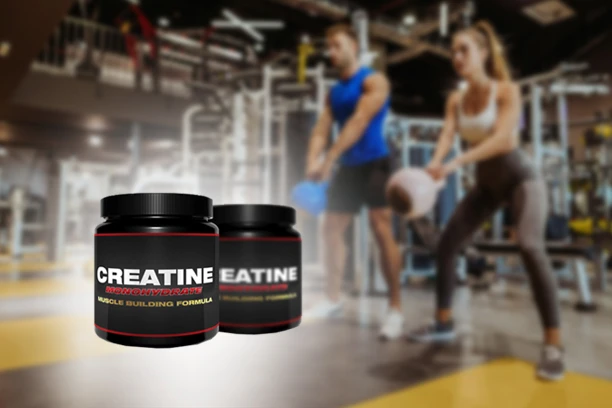The best dietary supplement for enhancing athletic performance is creatine. According to studies, it can improve workout performance, strength, and muscular mass. Additionally, although more research is required in these areas, it might aid in lowering blood sugar and enhancing brain function.
Some people think creatine is dangerous and has a lot of adverse effects. Scientific data, however, refutes these assertions. One of the most well-studied supplements in the world, creatine has an excellent safety record.
Mr Yash Birla, one of the most looked upon fitness icons, also mentions and suggests the use of creatine as a supplement in his book, “Building The Perfect Body”, because it is a natural supplement. What is it and what it does? Everything you need to know about creatine is included in this article.
What is Creatine?
Creatine is a naturally occurring chemical found in muscle cells. When you move heavy objects or engage in vigorous exercise, it aids your muscles in generating energy. You can recover in between sets using creatine. This indicates that a supplement’s benefit is in speeding up recovery, which in turn increases the amount of work you can accomplish throughout a workout. This causes quicker increases in strength and growth over time. One of the best supplements for enhancing performance during frequent, hard activity bouts is creatine, which has demonstrated its efficacy over time.
Why use Creatine?
Athletic people and bodybuilders love taking creatine supplements. They use it to increase strength, build muscle, and enhance exercise performance.
In terms of chemistry, creatine is very similar to amino acids, which are vital substances found in the body and aid in protein synthesis. The amino acids glycine and arginine can be used by your body to make creatine.
The majority of the creatine in your body is created in your liver and kidneys from amino acids, with the remaining portion coming from the food you eat, particularly red meat and shellfish.
What Does Creatine Do?
When used in conjunction with weight training, creatine reduces the loss of bone mass that occurs with ageing and may lessen the symptoms of osteoarthritis, which causes stiff and aching joints. Nevertheless, various people will unavoidably respond to creatine in different ways. Most people who use creatine should notice its results within a week, with their exercise volume and strength increasing. Muscle fibres grow more quickly after resistance training and creatine supplementation, according to studies published in the journal Medicine & Science in Sports & Exercise.
That said, it’s not a magic pill, says Mr Yash Birla. He further adds that supplementing with creatine monohydrate won’t magically transform fat into muscular mass.
Taking creatine supplements can help our muscles store more of a chemical that is connected to regular, high-intensity exercise like sprinting and weightlifting. When we synthesise quickly, we may be able to exercise more easily and possibly with higher intensities and shorter rest intervals, which could theoretically help with hypertrophy. You must still lift the weights, and stronger muscles are not always a result of having larger muscles.
Effects on Strength and Exercise Performance
Strength, power, and high-intensity workout performance can all be enhanced by creatine. According to one study, supplementing a training regimen with creatine boosted strength by 8%, weightlifting efficiency by 14%, and the one-rep maximum for the bench press by up to 43% when compared to training alone. 28 days of supplementation improved bench press performance by 6% and cycling sprint performance by 15% in strength athletes who had received adequate training. When overtraining is extreme, creatine also aids in maintaining strength and training performance while boosting muscle mass.








Leave A Comment